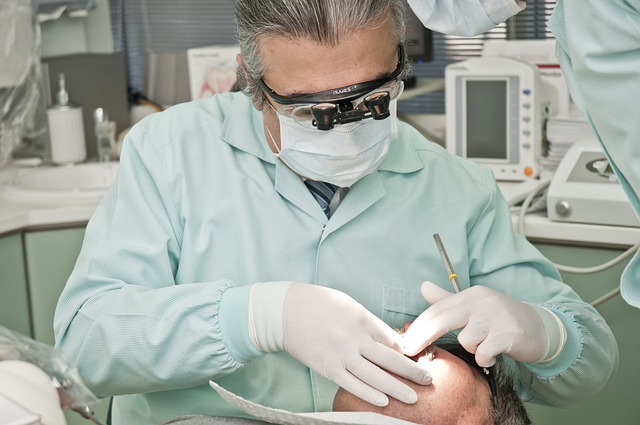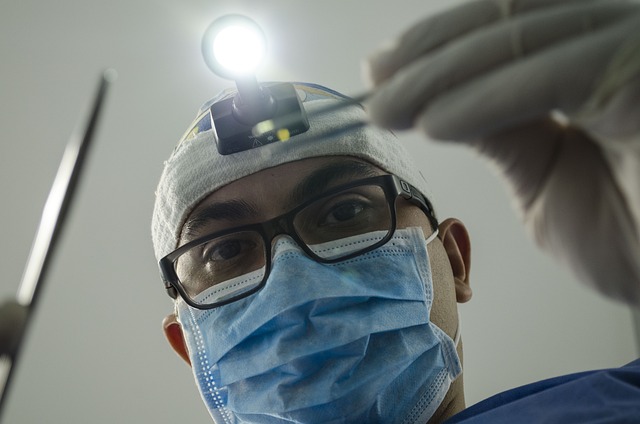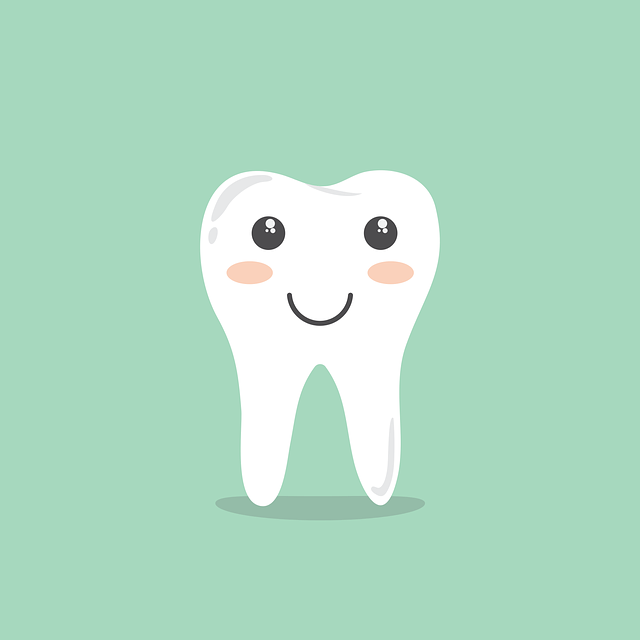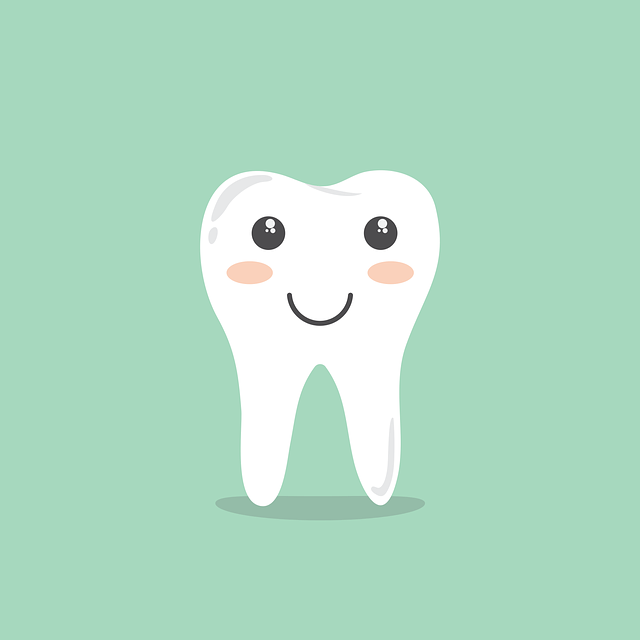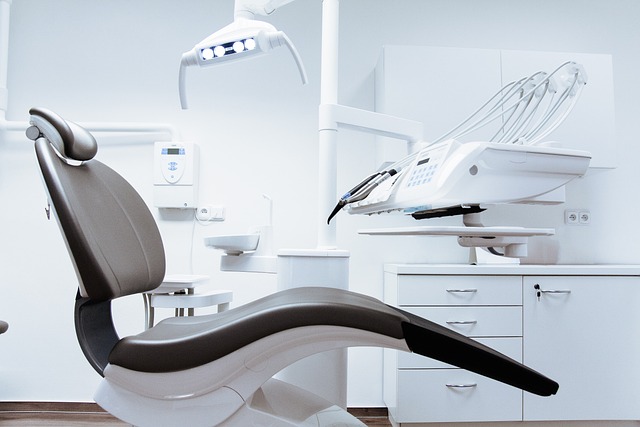Post-Tooth Extraction Breath Woes: Common Causes and Tips
Having a tooth extracted is no walk in the park, and the challenges that follow can sometimes be less than pleasant. One of the most commonly reported woes is the dreaded post-tooth extraction breath. Don’t worry, you’re not alone in this struggle! In this article, we will explore the common causes of this condition and provide you with some friendly tips on how to combat and prevent it. So, take a deep breath and get ready to say goodbye to those pesky post-tooth extraction breath woes!
1. Say Goodbye to Bad Breath: Understanding Post-Tooth Extraction Breath Woes
After undergoing a tooth extraction, it’s common to experience a change in breath odor. This phenomenon, known as post-tooth extraction breath, can be unsettling but is usually temporary. Understanding the reasons behind this peculiar breath can help put your mind at ease.
Causes of post-tooth extraction breath:
- Dry Socket: When a tooth is extracted, a blood clot forms to protect the socket. If this clot is dislodged or dissolves prematurely, it can expose nerves and bone, causing a condition called dry socket. This can lead to an unpleasant odor.
- Infection: Occasionally, a bacterial infection may develop after an extraction, leading to a foul smell. Swelling or persistent pain might accompany this, so it is crucial to monitor your symptoms and contact your dentist if you suspect an infection.
- Oral Hygiene: Maintaining proper oral hygiene is crucial after a tooth extraction. Failure to clean the area properly can result in bacterial growth and bad breath.
Remember, post-tooth extraction breath is usually temporary and can be managed with proper care. Ensuring optimal oral hygiene, following your dentist’s instructions for aftercare, and being mindful of any signs of infection will go a long way in saying goodbye to bad breath post-extraction.

2. Why Does Bad Breath Linger After a Tooth Extraction?
Bad breath is a common concern that many people experience after a tooth extraction. While this may be alarming, it is actually quite normal and typically resolves on its own. Here are a few reasons why bad breath lingers after a tooth extraction and what you can do about it:
1. Bacterial growth: After a tooth extraction, an empty socket is left behind. This socket provides an ideal environment for bacteria to grow and multiply, leading to bad breath. The bacteria can thrive in the warm and moist environment of the mouth, especially if proper oral hygiene is not maintained. Regularly rinsing your mouth with saltwater or an antimicrobial mouthwash can help reduce bacterial growth and alleviate bad breath.
2. Food particles and debris: Following a tooth extraction, it is common for small food particles and debris to get trapped in the empty socket. This can lead to an unpleasant smell contributing to bad breath. Gently rinsing your mouth with warm water after eating and avoiding hard or crunchy foods can help minimize the accumulation of food particles. Additionally, your dentist may recommend using a syringe to flush out the socket to ensure thorough cleaning.

3. Unmasking the Culprits: Common Causes of Post-Tooth Extraction Breath Woes
Experiencing unpleasant breath after a tooth extraction can be a pesky problem, but you’re not alone! Here are some common causes of that unwelcome odor and what you can do to combat it:
1. Dry Socket: One of the primary offenders behind post-tooth extraction breath is dry socket. This condition arises when the blood clot that forms in the tooth socket after extraction becomes dislodged or dissolves too soon. As a result, bacteria can invade the socket, causing an unpleasant smell. If you suspect dry socket, it’s essential to consult your dentist immediately for proper care and relief.
2. Poor Oral Hygiene: Maintaining good oral hygiene is crucial when it comes to preventing bad breath after a tooth extraction. Be sure to gently brush your teeth twice a day, incorporating a soft-bristled toothbrush. Pay extra attention to the extraction site, but take care to avoid direct contact with the area. Rinsing with a mild saltwater solution can also help kill bacteria and freshen your breath. Remember to avoid excessive spitting or rinsing, as it may disrupt the blood clot and prolong the healing process.
4. The Healing Period: How Your Mouth Recovers and Affects Your Breath
After dental procedures such as extractions, implants, or gum surgeries, your mouth goes through a healing period that is crucial for a successful recovery. During this time, it’s important to be mindful of how your mouth is healing and how it can affect your breath. Here’s what you need to know:
1. Swelling and inflammation: Swelling is a normal part of the healing process, and it can cause temporary bad breath. As your mouth heals, the swelling will gradually subside, and your breath will improve. In the meantime, make sure to practice good oral hygiene, including gentle brushing and flossing, to keep any odors under control.
2. Medications: If your dentist prescribed any medications, they may have side effects that can impact your breath. For example, some antibiotics can alter the balance of bacteria in your mouth, leading to an unpleasant odor. If you notice a change in your breath after starting a new medication, it’s a good idea to speak with your dentist for possible solutions.
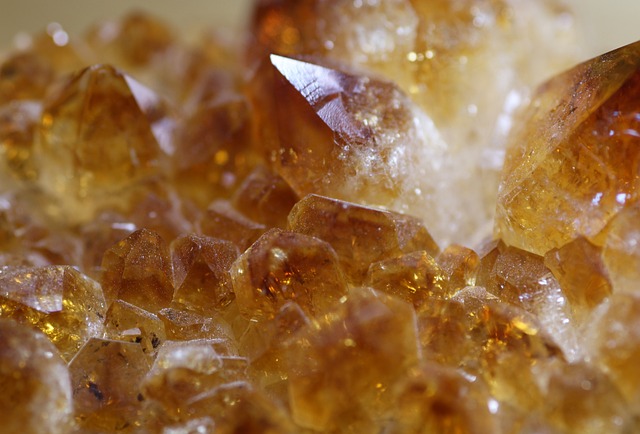
5. Don’t Let Bad Breath Dim Your Confidence: Tips for Freshening Your Breath
Nothing can dampen your confidence quite like bad breath. Whether you’ve just had a garlicky lunch or suffer from chronic halitosis, it’s time to take control of your breath and boost your self-assurance. Follow these simple tips for freshening your breath and say goodbye to embarrassing moments:
1. Practice good oral hygiene: Brush your teeth at least twice a day and don’t forget to floss. A clean mouth free of plaque and food particles goes a long way in preventing bad breath.
2. Stay hydrated: Drinking plenty of water helps keep your mouth moist and washes away odor-causing bacteria. Carry a water bottle with you and sip throughout the day.
3. Limit strong-smelling foods: Certain foods like onions, garlic, and spicy dishes can leave an unpleasant odor in your mouth. Try to avoid these foods, especially if you have an important event or meeting.
4. Use mouthwash or mouth fresheners: Incorporate mouthwash into your oral care routine to kill bacteria and leave your breath feeling fresh. Alternatively, you can use sugar-free mints or chewing gum to stimulate saliva production and mask odors.
5. Visit your dentist regularly: Regular dental check-ups are crucial in maintaining good oral health. Your dentist can identify any underlying problems that could be causing bad breath and provide effective solutions.
By following these tips, you’ll be able to confidently breathe easy and enjoy fresh, pleasant breath throughout the day.

6. Brush, Floss, Rinse: Maintaining Oral Hygiene During the Recovery Phase
Oral hygiene is crucial during the recovery phase to ensure a smooth and successful healing process. Proper brushing, flossing, and rinsing techniques can significantly reduce the risk of infection and promote optimal oral health. Here are some essential tips to help you maintain your oral hygiene during this important period:
- Brush gently: Use a soft-bristle toothbrush and gentle, circular motions to clean your teeth and gums. Avoid applying excessive pressure to prevent irritation or damage to the sensitive areas.
- Floss daily: Regular flossing helps remove plaque and food particles from between your teeth and along the gumline. Be cautious around any healing areas, and use a gentle, back-and-forth motion to avoid discomfort.
- Rinse with an antimicrobial mouthwash: An antimicrobial mouthwash can effectively kill bacteria and prevent infection. Rinse your mouth for 30 seconds after brushing and flossing, making sure to swish it around all areas of your mouth before spitting it out.
Remember, maintaining a clean and healthy mouth is essential for your overall well-being. Following these oral hygiene practices diligently during your recovery phase will not only promote a swift recovery but also contribute to long-term oral health. If you have any concerns or questions about your post-operative oral care routine, don’t hesitate to reach out to your dentist for guidance and support.

7. Goodbye Garlic, Hello Mint: Foods and Drinks to Avoid for Fresh Breath
In order to maintain fresh breath throughout the day, it is important to be mindful of the foods and drinks we consume. While garlic may be a delicious addition to many dishes, it can unfortunately leave a lingering odor on your breath. Instead, opt for mint which not only freshens your breath, but also provides a refreshing taste. You can enjoy mint in various forms such as chewing gum, mouthwash, or simply adding fresh mint leaves to your water or tea.
Additionally, there are several other foods and drinks that can contribute to less-than-fresh breath. Onions, for example, contain sulfur compounds that can stay on your breath long after consuming them. Coffee and alcohol can also leave a strong odor on your breath due to their drying effect on the mouth. To combat these effects, it is recommended to drink water alongside these beverages to help wash away any lingering smells. Furthermore, maintaining proper oral hygiene, such as brushing and flossing regularly, can greatly contribute to fresher breath.
Here are some foods and drinks to avoid for fresh breath:
- Garlic
- Onions
- Coffee
- Alcohol
Here are some breath-freshening alternatives:
- Mint chewing gum
- Mint mouthwash
- Adding fresh mint leaves to water or tea
- Drinking water alongside coffee or alcohol
8. Post-Extraction Breath Blues: How to Combat Dry Mouth and Its Odor
Having bad breath after a tooth extraction is a common concern many people have. The condition can be attributed to a dry mouth, which occurs due to decreased saliva production. Fortunately, there are several simple yet effective ways to combat this issue and keep your breath fresh. We’ve rounded up some helpful tips to help you say goodbye to the post-extraction breath blues!
1. Stay Hydrated: Drinking plenty of water throughout the day is crucial in maintaining saliva production. Make it a habit to sip on water frequently to keep your mouth moist and combat dry mouth odor.
2. Use a Saliva Substitute: Over-the-counter saliva substitutes are available in the form of sprays or gels. They help to supplement natural saliva and provide relief from dry mouth symptoms, including bad breath.
9. Seek Professional Help: When It’s Time to Consult Your Dentist
Regular visits to your dentist are essential for maintaining optimal oral health. However, there are certain signs and symptoms that should prompt you to schedule an appointment with a dental professional right away:
- Toothache: Persistent tooth pain or sensitivity can indicate a cavity, infection, or other dental issue that needs immediate attention.
- Bleeding or swollen gums: If your gums are bleeding or swollen, it could be a sign of gum disease or gingivitis. Your dentist can assess the situation and provide appropriate treatment.
- Loose teeth: If you notice any permanent teeth becoming loose, it may indicate a serious oral health problem such as advanced gum disease or bone loss, which requires professional intervention.
Remember, your dentist has the knowledge, skills, and tools to diagnose and treat a wide range of dental conditions. It’s important to consult your dentist if you experience any unusual oral symptoms or if it’s been more than six months since your last dental check-up. Early intervention can help prevent minor issues from turning into major dental problems. Your dentist is your partner in maintaining a healthy smile, so don’t hesitate to seek professional help when needed!
10. Fresh Breath, Fresh Start: Building Proper Oral Care Habits Post-Extraction
After having a tooth extraction, it’s important to establish proper oral care habits to ensure a fresh breath and a healthy start for your mouth. Taking care of your oral hygiene post-extraction can help prevent infections, promote healing, and maintain a clean and comfortable oral environment. Here are some practical tips to build a robust oral care routine:
- Gentle Brushing: Brush your teeth gently, focusing on the remaining teeth while avoiding the extraction site. Use a soft-bristled toothbrush and a toothpaste that is gentle on your gums and teeth.
- Rinsing with Saltwater: Mix half a teaspoon of salt in a glass of warm water and rinse your mouth gently after meals. This will help keep the extraction area clean, reduce swelling, and promote healing.
- Avoid Smoking and Alcohol: Smoking and consuming alcohol can delay the healing process and increase the risk of infection. Try to abstain from these habits for at least a few days post-extraction.
- Follow a Soft Diet: Stick to softer foods for a few days after the extraction. Opt for soups, mashed potatoes, yogurts, and smoothies. Avoid crunchy or hard foods that may irritate the extraction site.
Remember, taking care of your oral health is essential, especially after a tooth extraction. By incorporating these habits into your routine, you can enjoy a fresh breath and promote a healthy start for your mouth. If you have any concerns or questions, don’t hesitate to reach out to your dentist for advice and guidance.
Frequently Asked Questions
Q: Why do people often experience bad breath after a tooth extraction?
A: Bad breath after a tooth extraction is a common concern. When a tooth is removed, a natural healing process begins, causing the underlying gum tissue to recede and expose the extraction site. This can lead to bacterial growth, which in turn causes unpleasant breath.
Q: Are there any other factors that can cause bad breath after a tooth extraction?
A: Yes, apart from bacterial growth, other factors can contribute to bad breath post tooth extraction. These include poor oral hygiene, food particles or debris becoming trapped in the extraction site, and dry socket — a condition where the blood clot that forms after extraction becomes dislodged or dissolves prematurely.
Q: How can I prevent or alleviate bad breath after a tooth extraction?
A: Fortunately, there are several ways to prevent or reduce bad breath post tooth extraction. It’s crucial to maintain proper oral hygiene, gently brushing and rinsing around the extraction site as directed by your dentist. You can also use a saltwater rinse to help keep the area clean and prevent bacteria growth. Avoiding smoking, alcohol, and spicy foods can also contribute to a fresher breath. Additionally, staying hydrated helps maintain adequate saliva flow, which can prevent dry mouth and bad breath.
Q: How long does bad breath typically last after a tooth extraction?
A: The duration of bad breath post tooth extraction varies from person to person. Normally, it should start improving within a few days following the extraction, as the healing process progresses. However, if you notice persistent bad breath or other concerning symptoms, it’s best to consult your dentist to rule out any potential complications.
Q: Can the use of mouthwash or breath fresheners help improve post-tooth extraction breath?
A: While mouthwash and breath fresheners may provide temporary relief, it’s essential to choose products that are gentle and don’t contain alcohol. Alcohol-based mouthwashes can cause irritation and slow down the healing process. It’s advisable to consult your dentist for recommendations on suitable products that won’t impede the healing or worsen any discomfort.
Q: How can dry socket affect bad breath after a tooth extraction?
A: Dry socket is a condition where the blood clot that forms after a tooth extraction is dislodged or dissolves too soon. This can lead to a delay in the healing process and cause intense pain and foul breath. If you suspect you may have dry socket, it’s crucial to visit your dentist, who can provide appropriate treatment and alleviate the associated symptoms, including bad breath.
Q: Are there any warning signs I should watch for during the healing process?
A: Yes, it’s important to monitor the healing process after a tooth extraction. If you notice increasing pain, swelling, bleeding, or a foul odor that persists beyond a few days, it could indicate an infection or other complications. In such cases, it’s vital to contact your dentist promptly to ensure proper treatment and avoid any potential issues.
Q: Can I mask post-tooth extraction bad breath with breath mints or chewing gum?
A: While breath mints or chewing gum may temporarily improve the smell, they won’t address the underlying causes of bad breath. In some cases, chewing gum or mints can even introduce additional bacteria or irritate the extraction site, leading to further complications. It’s best to maintain good oral hygiene practices and consult your dentist for appropriate methods to combat post-tooth extraction bad breath.
Conclusion
In conclusion, dealing with unpleasant breath after a tooth extraction can be frustrating, but rest assured, you are not alone! By understanding the common causes and following our helpful tips, you can tackle post-tooth extraction breath woes with ease. Remember to maintain good oral hygiene, including gentle brushing, flossing, and rinsing. Additionally, be mindful of what you eat and avoid certain foods that may contribute to bad breath. Finally, staying hydrated and keeping your mouth moist will also help combat any unpleasant odors. So don’t let bad breath dampen your spirits post-extraction; follow these simple steps and confidently breathe fresh again in no time!
